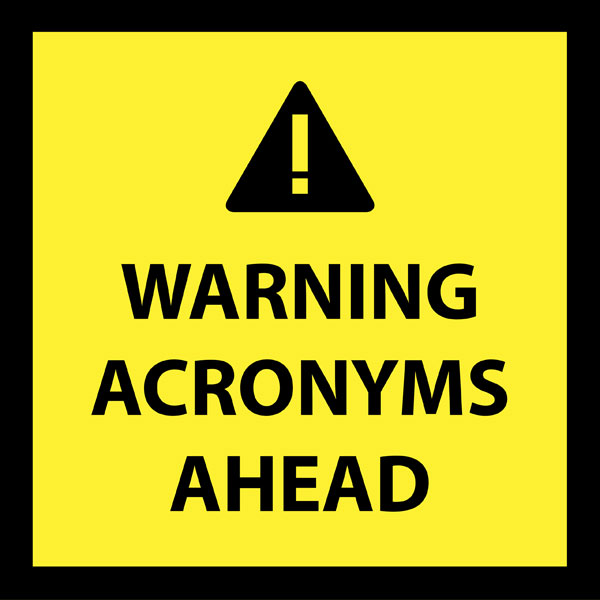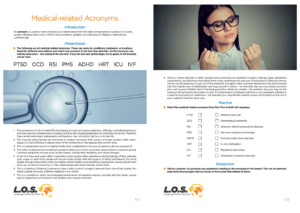Humans are lazy. If we can find an easy way of doing something, then we do it.
It’s one of the reasons for our success as a species.
It also means that language is littered with acronyms (like FBI), abbreviations (like Mrs) and portmanteaus (like Brexit).
And there are thousands of them.
Today, I’d like to look at the most useful acronyms we use in everyday English.
Some of them we only use in writing, and some of them we also use as words in spoken English.
Some are very, very informal and some are perfectly acceptable in formal situations.
Here they are!
Acronyms only used in writing (most of the time)
These ones are particularly informal, and we usually use them in chat or SMS. Do people still use that?
1) BRB = be right back
I’m going to leave my phone for a little bit and do something else that isn’t chatting to you.
Please don’t panic.
2) IDK = I don’t know
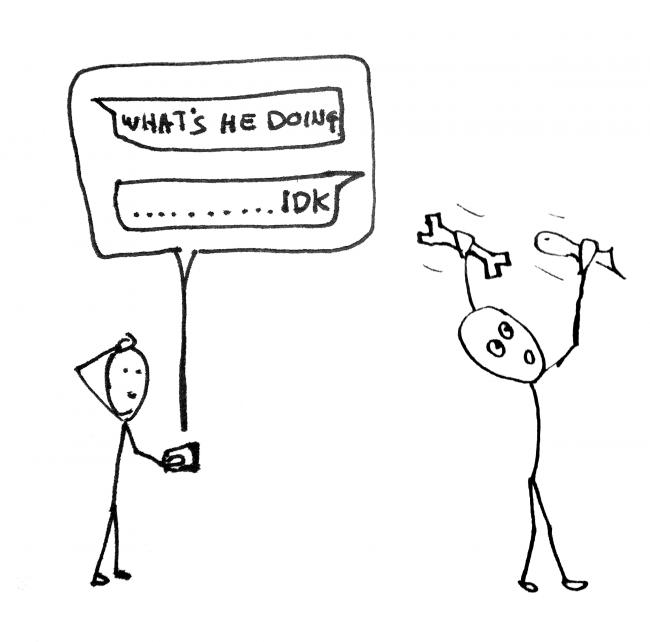
Sometimes we just don’t know some things. It’s OK – you can admit it.
3) ROFL = rolling on the floor laughing
Yes, I know – this one’s ridiculous.
Also it’s clearly a lie – how can you roll on the floor and write that you’re rolling on the floor at the same time as rolling on the floor?
The world has clearly gone insane.
4) NP = no problem
No problem? Good – let’s do it!
Less informal acronyms (fine for emails)
These are great for most emails (not the ones you write when you’re applying for a job – the other, less formal ones).
5) IMHO = in my honest opinion
This is what I think! You don’t have to agree – but this is what I think.
6) TBH = to be honest
This is similar to IMHO. It is, however, a little stronger. If you want to make your point a little more forcefully, but politely, this one’s good.
7) BTW = by the way
You know that thing we were just talking about? Well, I’d like to talk about something related to it.
8) ATM = at the moment
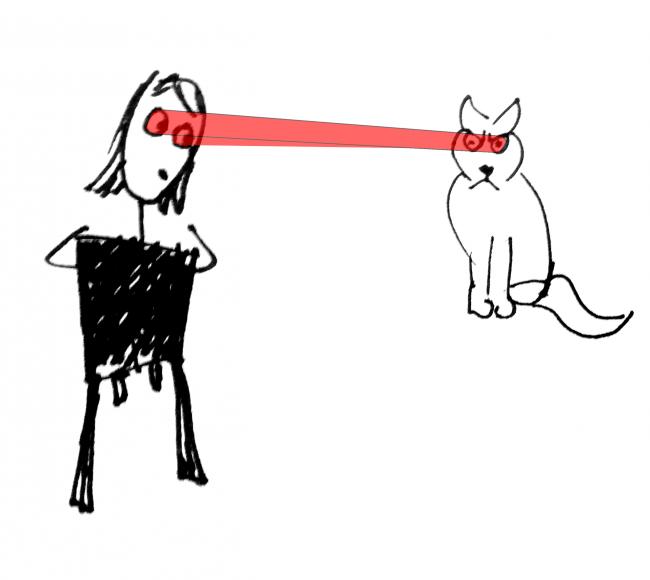
This could mean right this second (“My cat is looking at me with her mad eyes ATM”), or it could be a little more general (“We’re not offering a free pizza with every legal consultation ATM – though that might change”).
9) TBA = to be arranged / announced
Something is going to happen, but we haven’t sorted out the details.
“The conference will be taking place at the Ramada hotel. Keynote speaker and conference room TBA.”
Acronyms you can use in most situations
These acronyms are perfectly acceptable in almost any situation, including formal ones.
Go ahead – use them with the Queen of Sweden or my old-fashioned uncle. They won’t mind!
10) DOB = date of birth
You’ll often see this on a form. It can be pretty confusing if you don’t know what it means.
11) AD / BC vs. CE / BCE = Anno Domini / Before Christ vs. Common Era / Before Common Era
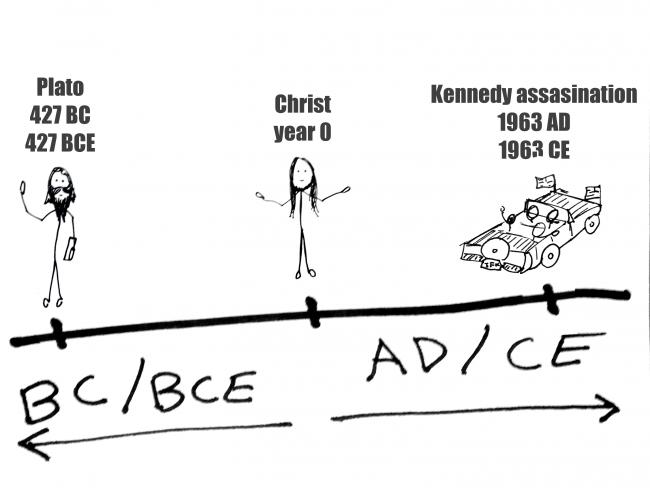
OK – let’s get to the bottom of this.
AD and CE mean the same thing – after Christ and when we decided to start counting the years from zero.
So you can say that JFK was shot in 1963 AD or 1963 CE (or if you’re one of those mad conspiracy people, you’d probably say that he’s still alive and living on the moon, which the Americans never landed on).
BC and BCE also have the same meaning. These ones describe the years before Christ.
So you can say that Plato was born in 427 BC or 427 BCE. (I have no idea how we know the exact year he was born.)
But why the difference?
This one is slightly political. Basically, because AD and BC refer directly to Jesus Christ, some people thought it might not be fair on the people who aren’t really into the whole Jesus thing – non Christians. So they invented a replacement.
Clear?
Good! Let’s move on.
12) WWII = World War Two
Also known as the Second World War.
You can also have WWI to refer to the first one.
13) HQ = headquarters
This is actually getting a little old-fashioned as most companies now refer to the “head office” rather than the HQ. But you’ll still hear this one around.
Acronyms you can say as well as write
Sometimes we actually use the acronyms in spoken English – they’ve become words in their own right.
While researching these, I found we use a lot of them for specific reasons:
- Acronyms for describing people
- Acronyms for making your speech more dynamic
- Acronyms for expressing your feelings
- Acronyms for describing things and situations
- Acronyms for describing actions
Acronyms for describing people
In the immortal words of System Of A Down: “Humans everywhere!”
So let’s describe them.
14) AWOL – absent without leave
This originates from our favourite fluffy, white rabbits – the American military.
This is used to describe a soldier who has left his position temporarily without getting permission or formally quitting.
But we can use it when we know someone who’s disappeared for a while. Maybe they’re not answering their phone or Facebook messages.
No one knows where they are – though they’re probably OK. Just temporarily missing.
We often use it with the verb “go”:
“Have you heard from Jill?”
“No – she’s gone AWOL. I haven’t heard from her since yesterday.”
By the way, this one is pronounced “A” then “wol.” It sounds like you’re saying “a wall.” Kind of.
15) POTUS = President of the United States
You know. That guy.
This is pronounced as a full word. It rhymes with “lotus.”
16) FLOTUS = First Lady of the United States

The wife of the president.
Whenever I hear this, I just keep imagining her floating in the air. Like a ghost.
17) SCOTUS = Supreme Court of the United States
Those nine men and women who have the final say on the major laws of the country.
18) BFF = best friends forever
This is quite a positive term, but we often use it sarcastically when we don’t approve of the way two people are getting close.
“Oh God – he’s with Jeremy again. Those two have become total BFFs.”
19) MTV = Music Television
You know the channel, you know the logo.
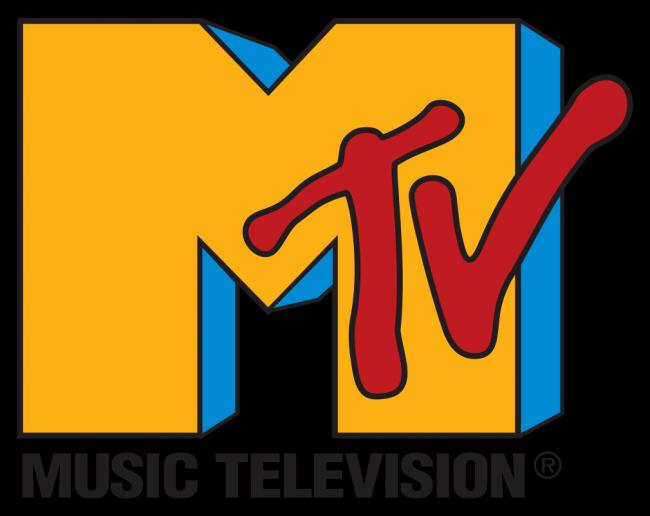
This is quite an old term. I mean, who watches MTV anymore? Does it even still exist? The thing is that we often talk about the “MTV Generation” to refer to people who were kids and teens during the ‘80s and early ‘90s.
People like me.
Acronyms for making your speaking more dynamic
Having a conversation isn’t just about making sentences.
There are lots of useful phrases in English that we can use to help direct or steer the conversation – to help you find the direction and to help the other person feel comfortable with what’s going on.
Technically, these are called discourse markers.
And some of them are acronyms:
20) FYI = for your information
I’m just letting you know because you might need this information in the future.
21) a.k.a. = also known as

Some people have different names – their real name and the name most people know. That’s when a.k.a. is useful:
“You won’t believe who I met the other day at a flower arranging class. Saul Hudson, a.k.a. Slash from Guns N’ Roses! He had the most beautiful daisy arrangement.”
22) i.e. = id est
OK. Latin – that doesn’t help.
It basically means “in other words.”
“Life with you is like a broken pencil, i.e. pointless.”
23) e.g. = exempli gratia
Hooray! More Latin!
This one actually means “for example.”
“We’ve got lots of types of bands on the set list, e.g. metal bands, indie bands, pop bands, psychedelic futuristic disco bands …”
Acronyms for expressing your feelings
24) OMG = oh my God!
This expresses shock and surprise!
25) LOL = laughing out loud
I strongly suspect that people who write this aren’t actually laughing out loud.
26) RIP = rest in peace
This was originally used on graves as a wish for the dead to … well … to rest in peace.
But we also use it when we talk about more abstract things, like a concept, idea, institution, career, etc.
It’s a useful way of saying that you think it’s finished.
“Did you see his performance? That was terrible! RIP Brian Adams’ career.”
27) WTF? = what the f**k?
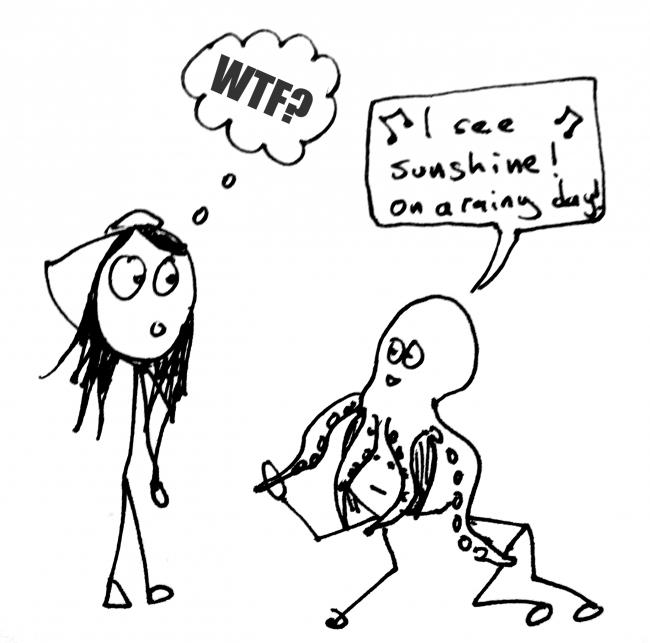
This is the more explicit version of OMG.
Shock and surprise!
Acronyms for describing things and situations
28) ETA = estimated time of arrival
Usually we use this in questions when we want to ask when someone or something is expected to arrive:
“OK – so she’s coming tomorrow? Good, good. Have we got an ETA?”
29) DIY = do it yourself

Do you make your own shelves? Or do you get an expert to do it?
DIY can be used to describe making, fixing or modifying something (usually something that involves hammers and nails and paint and stuff).
30) PR = public relations
In everyday speech, we usually talk about positive PR and negative PR, and we usually use it to refer to companies.
“Wow – they gave 90% of their profit to homeless cats? That’s pretty good PR right there.”
“First they caused a massive oil spill, and then they called Morgan Freeman an idiot. Everyone loves Morgan Freeman! What a PR disaster!”
31) BYOB = bring your own booze / beer / beverages
Going to a party?
Don’t expect the hosts to provide you drinks. It’s not the ‘70s anymore. Bring your own!
32) Q and A = question and answer
A Q and A session happens after someone has given a talk or an interview or maybe shown their new film about giraffes, and the audience want to ask some questions.
We often use it with the word “session”:
“After the talk we’ll open it up to the audience for a Q and A session.”
But not always:
“Will there be time for a bit of Q and A after the film?”
33) AC = air conditioning
Nice, cool air coming from that AC machine in the corner of the room.
Acronyms for describing actions
34) PM = private message
This can be used as a noun:
“Send me a PM.”
But it can be used as a verb, too:
“I just PMed you. Check your inbox.”
35) RSVP = répondez s’il vous plaît
You may have noticed that this is, in fact, not English, but French.
And you’d be right.
We still have a lot of French in our language, and it often sounds a little posh.
So we use this in our invitations. It means “please reply to this as soon as you can.”
36) ASAP = as soon as possible
Do it! Now! Stop thinking – just GO!
So there we have it: useful acronyms for any situation!
Try to use some of these in your emails and in your spoken English ASAP!
Did you enjoy reading this post?
If so, you might also like the following articles and one of our DIY acronym lessons.
- 10 Contronyms
- 11 Retronyms
- 12 Meronyms
- 12 Heteronyms
- 13 Eponyms
- 15 Heterographs
- 16 Capitonyms
- Exonyms & Endonyms
Gabriel Clark, LOS Consultant & Clark and Miller Co-founder
